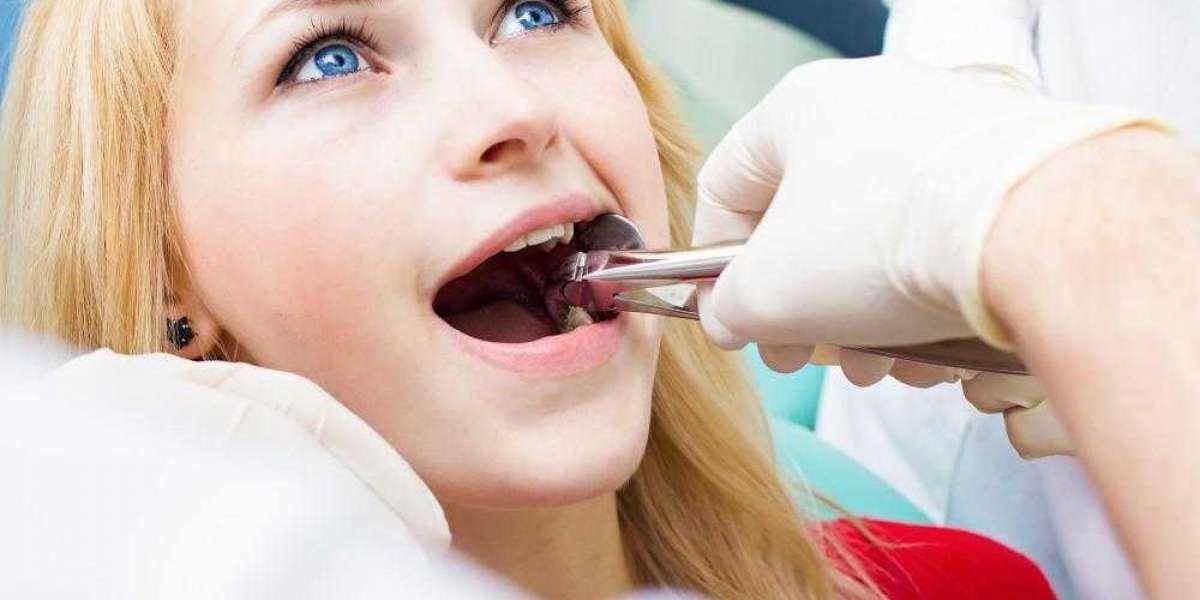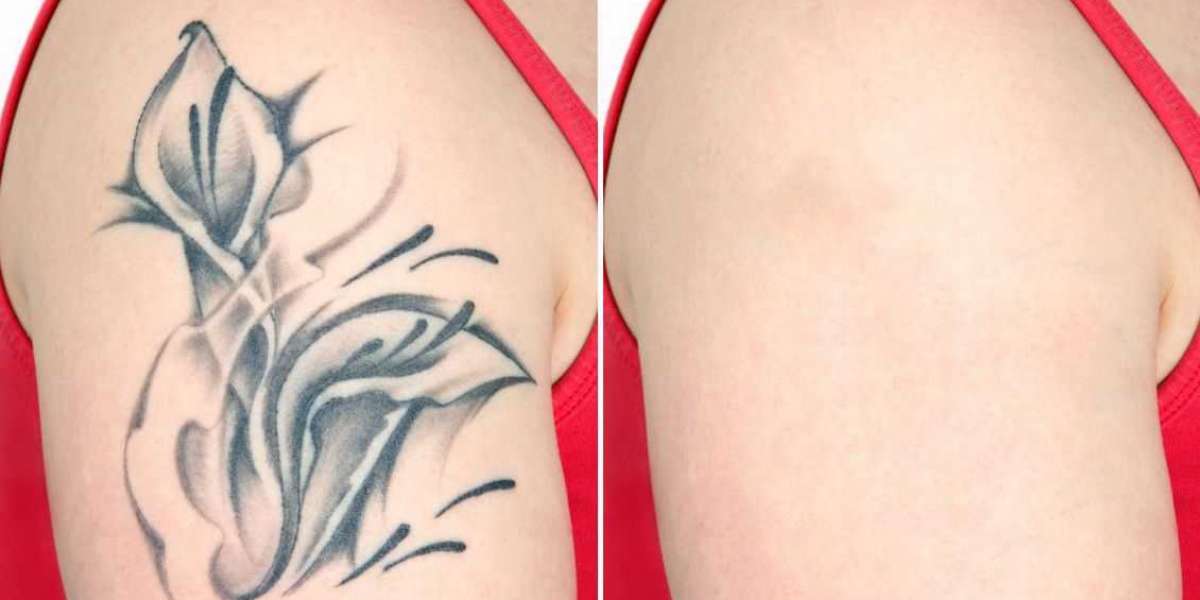Introduction: Why wisdom teeth need to be removed
Are your wisdom teeth causing you more pain than wisdom? It might be time to consider the next step: removal. Don't worry, we've got you covered with a detailed breakdown of what to expect during the wisdom teeth removal process. Let's dive in!
Step 1: Consultation with a dentist or oral surgeon
So, you've been told it's time to bid farewell to your wisdom teeth. The first step on this journey is the consultation with a dentist or oral surgeon. This initial meeting is crucial as it sets the stage for what lies ahead.
During the consultation, the dental professional will assess your oral health and determine if wisdom teeth removal is necessary. X-rays may be taken to get a clear picture of your tooth alignment and any potential issues that could arise.
This is also an opportunity for you to ask questions and address any concerns you may have about the procedure. Feel free to inquire about the process, recovery time, and any alternative options that might be available.
Remember, open communication with your healthcare provider is key in ensuring a smooth experience throughout this journey towards saying goodbye to those pesky wisdom teeth.
Step 2: Preparing for the procedure
You've made the decision to have your wisdom teeth removed - now it's time to prepare for the procedure. The initial step in getting ready for this oral surgery is consulting with your dentist or oral surgeon. They will discuss the process with you, answer any questions you may have, and provide specific instructions on how to prepare.
In preparation for the surgery, you'll likely be advised not to eat or drink anything (including water) for a certain period before the procedure. This fasting period is crucial as it helps reduce potential risks during anesthesia.
Furthermore, make sure you arrange for someone to drive you home after the surgery since you won't be able to operate a vehicle due to sedation effects. Additionally, having a support person with you can help ease any post-operative discomfort and ensure your safety.
Follow any pre-operative guidelines given by your healthcare provider diligently. Taking these preparatory steps will help ensure a smooth and successful wisdom teeth removal experience.
Step 3: The day of the surgery
On the day of your wisdom teeth removal surgery, it's normal to feel a mix of nerves and anticipation. Make sure to follow any pre-surgery instructions given by your dentist or oral surgeon. Arrive on time for your appointment, wearing comfortable clothes.
Once you're at the clinic, the staff will guide you through the pre-operative preparations. You'll be taken to the treatment room where you'll meet with your dental team who will go over what to expect during the procedure.
Before starting, anesthesia will be administered based on your personalized treatment plan – ensuring you are comfortable throughout. The actual surgery typically doesn't take long; however, this can vary depending on each individual case.
After completion, you may experience some drowsiness or grogginess due to the anesthesia effects – so have someone ready to drive you home safely afterwards. Remember that taking care of yourself post-surgery is crucial for a smooth recovery process.
Step 4: Recovery and aftercare instructions
After wisdom teeth removal, proper care during the recovery period is crucial for a smooth healing process. Remember to follow any post-operative instructions provided by your dentist or oral surgeon diligently.
Expect some swelling and discomfort in the days following the surgery, which can be managed with prescribed pain medication and ice packs applied to the outside of your face.
It's essential to stick to soft foods and liquids initially to avoid irritating the surgical site. Be gentle when brushing your teeth and rinse your mouth with warm salt water regularly to prevent infection.
As you recover, avoid smoking and drinking through a straw as these activities can disrupt the healing process. Stay hydrated but refrain from consuming hot beverages until you are fully healed.
If you experience excessive bleeding, severe pain, or unusual symptoms during recovery, contact your healthcare provider immediately for guidance on next steps. Prioritize rest and allow your body the time it needs to heal properly after this dental procedure.
Potential complications and how to manage them
Potential complications can arise after wisdom teeth removal, although they are not common. These may include dry socket, infection, nerve damage, or prolonged bleeding. If you experience severe pain in the days following the surgery or notice any unusual symptoms, it is crucial to contact your dentist or oral surgeon immediately.
To manage potential complications effectively, follow all post-operative care instructions provided by your dental professional. This includes taking prescribed medications as directed and avoiding activities that may disrupt the healing process. Maintaining good oral hygiene by gently rinsing with salt water can also help prevent infections.
In cases of dry socket (when the blood clot becomes dislodged), your dentist can apply a medicated dressing to alleviate discomfort and promote healing. Nerve damage is rare but if you experience persistent numbness or tingling in your lips, chin, or tongue after surgery, notify your healthcare provider promptly for further evaluation and management.
Conclusion: Importance of following post-operative care for successful recovery
Taking care of your oral health is essential, especially when it comes to wisdom teeth removal. By following the post-operative instructions provided by your dentist or oral surgeon, you can ensure a smooth and successful recovery process. Remember to attend all follow-up appointments, take prescribed medications as directed, maintain good oral hygiene, stick to soft foods during healing, and avoid strenuous activities that may disrupt the healing process.
Your diligence in adhering to these guidelines will not only promote faster healing but also reduce the risk of complications. If you experience any unusual symptoms or have concerns during your recovery period, don't hesitate to contact your dental healthcare provider for guidance.
By prioritizing proper post-operative care, you are investing in your long-term oral health and well-being. Wisdom teeth removal may seem daunting at first, but with the right preparation and aftercare regimen, you can navigate this process with confidence and emerge feeling healthier and more comfortable than ever before.








